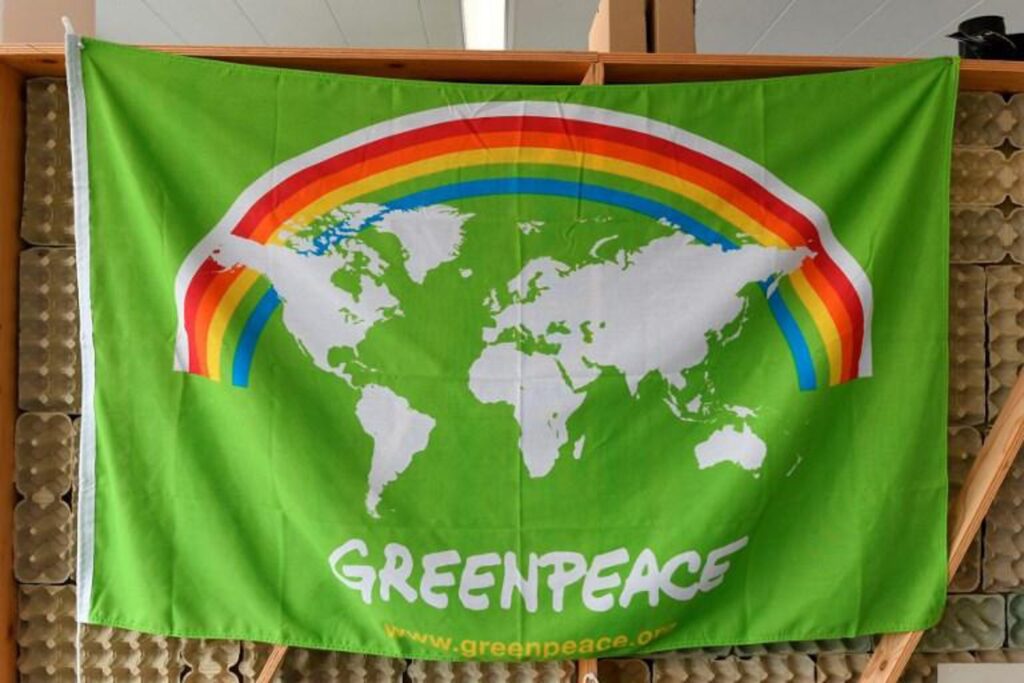Russia declared the environmental NGO Greenpeace 'undesirable' on Friday, a move that effectively bans its activities in the country in the midst of a crackdown on critical voices since the Kremlin's offensive in Ukraine.
The Prosecutor General’s Office said Greenpeace posed a "threat to the foundations of the constitutional order and security" of Russia in a statement. The NGO’s activities in the country include raising awareness of climate change, fighting forest fires and preserving animal species.
Since 2021, Russia extended its repressive law which allows officials to blacklist organisations. "Under Russia's existing and insidiously expanding legislation on 'undesirable' organisations, the prosecutor's office can designate as 'undesirable' any foreign or international organisation that allegedly undermines Russia’s security, defence, or constitutional order," explained Human Rights Watch in 2021.
Under the law, authorities can open criminal investigations into people who are alleged to be affiliated with 'undesirable' organisations. Any person with a role of leadership or management in these organisations can be criminally investigated. Even if they have no prior offences, they could be punished with up to six years in prison, according to Human Rights Watch.
Related News
Donors or people who fundraise on behalf of these organisations can also be criminally prosecuted, and face up to five years in prison if convicted.
Other 'undesirable' foreign organisations in Russia include philanthropist George Soros' Open Society Foundations, the American university Bard College and the anti-corruption organisation Transparency International.

